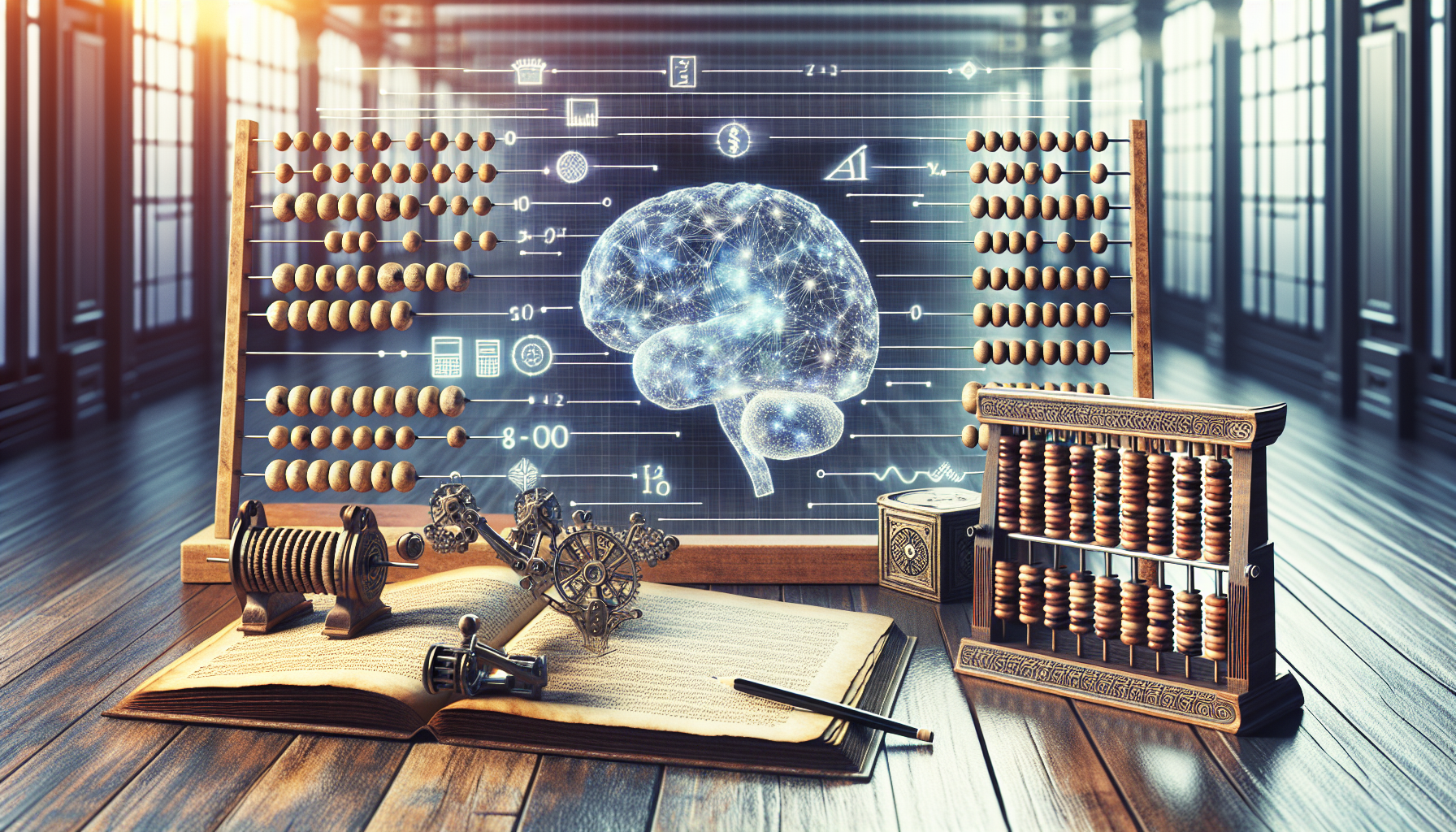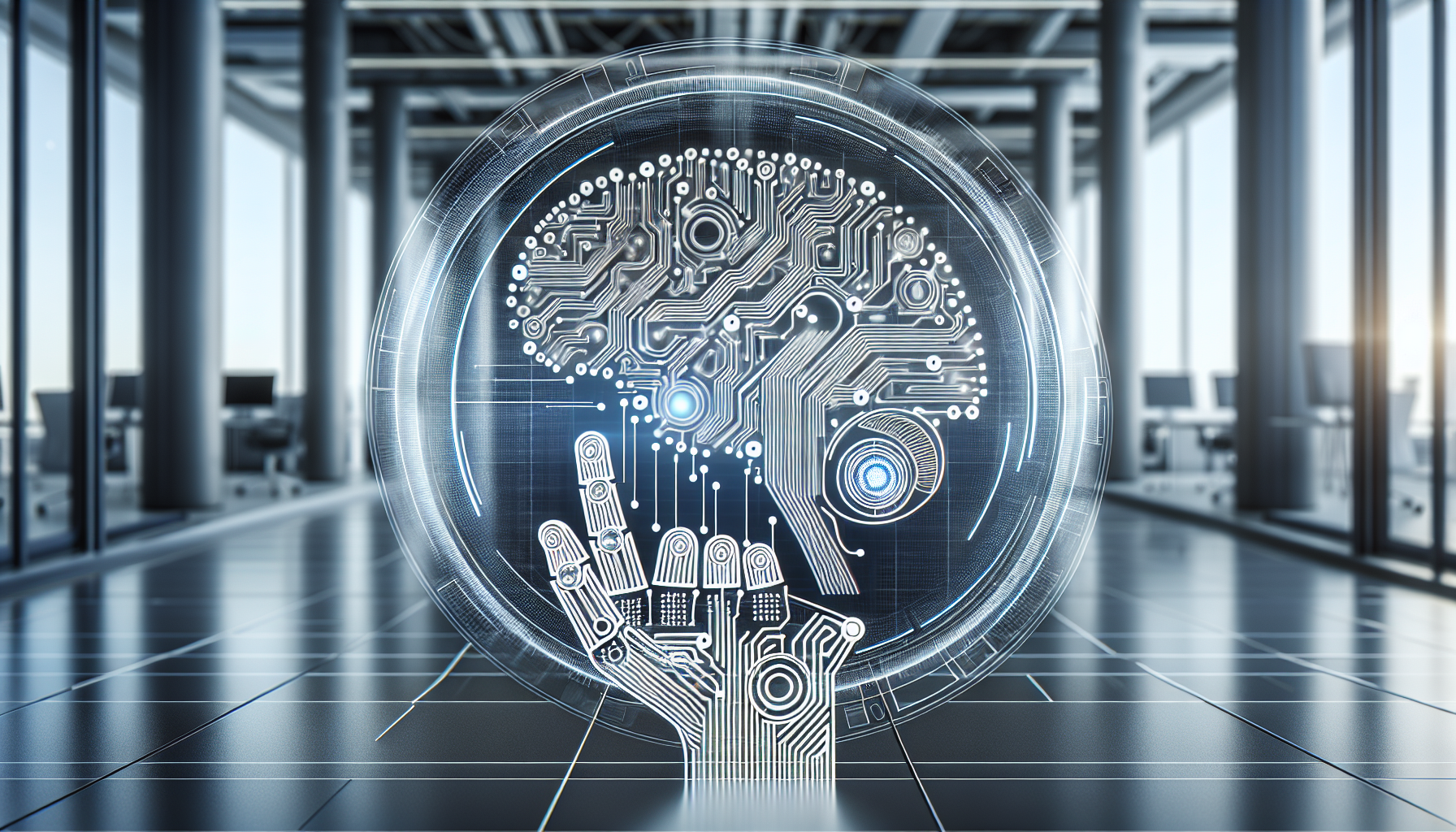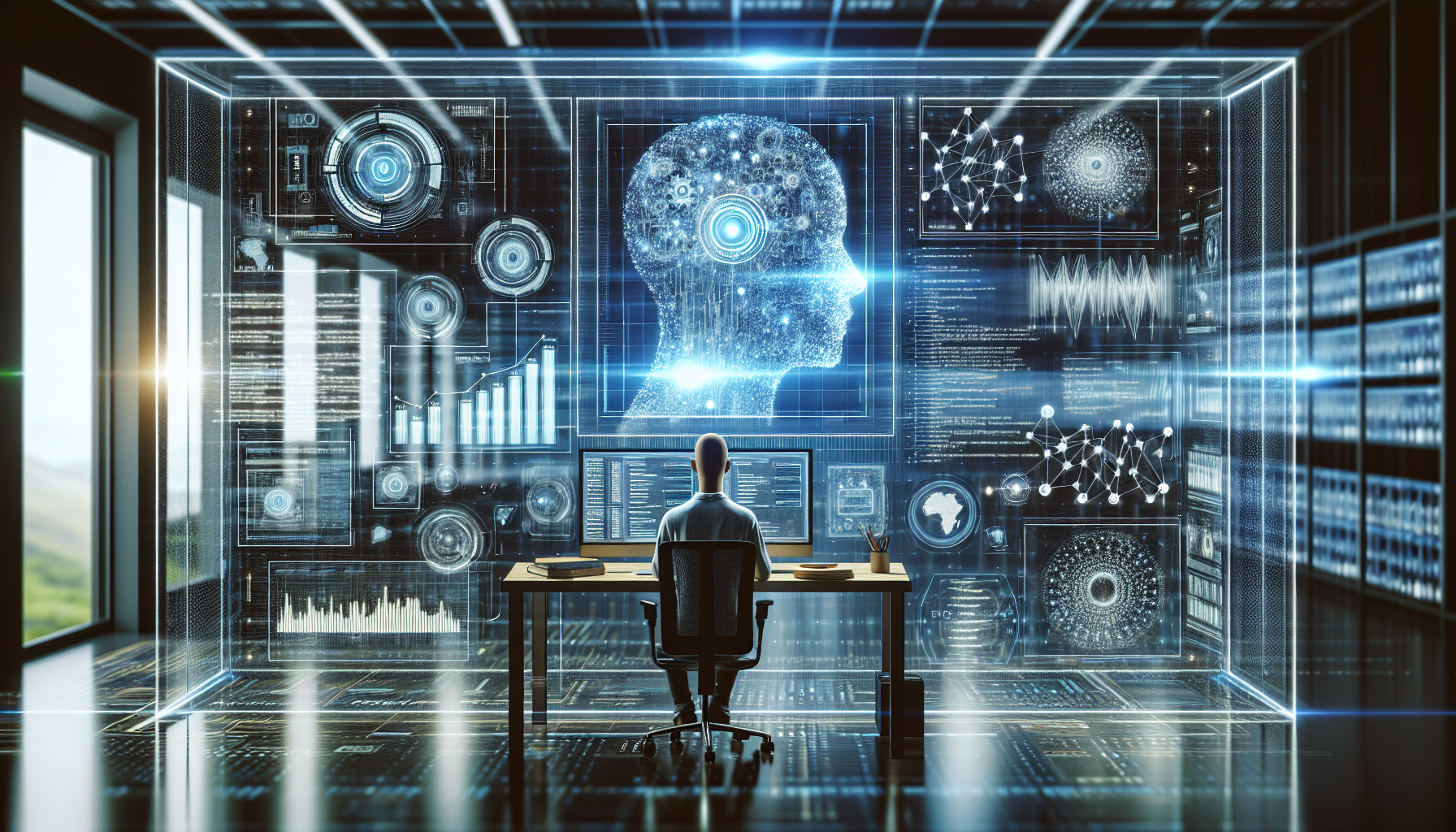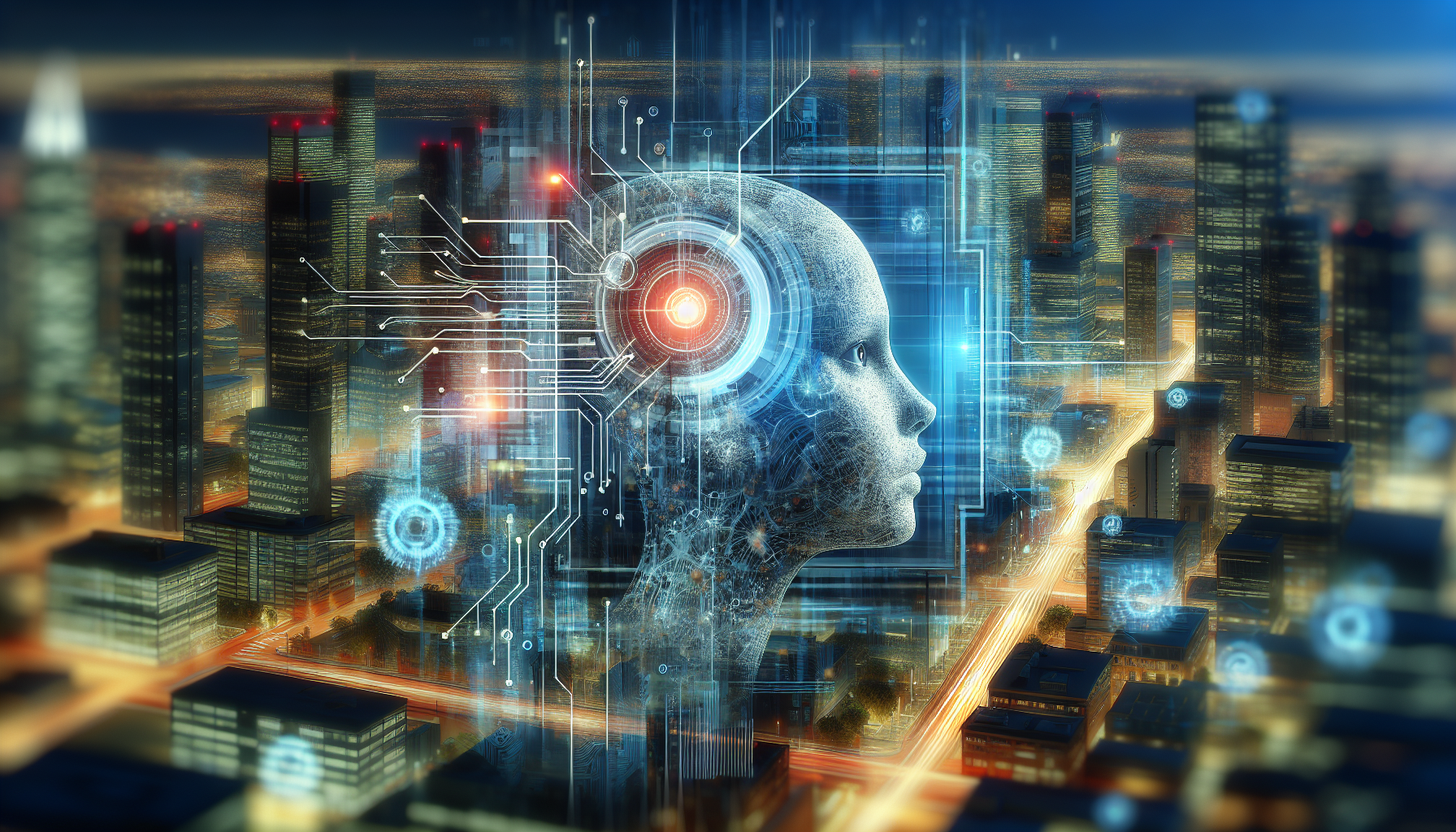
AI and the Mind: Tracing the Psychological Impact on Human Behavior
September 12, 2025
Let's take a walk down memory lane, back to when the idea of artificial intelligence was just a twinkle in the eye of visionary thinkers. From speculative fiction to philosophical debates, AI has always stirred the human imagination. But beyond the allure of robots and self-thinking machines lies a more profound question: How has AI, in all its iterations, influenced our mental landscapes over time?
Imagine the first time a computer beat a human at chess. For many, it wasn't just a game; it was a moment of existential introspection. People began to wonder about the boundaries of human intelligence and creativity. If a machine could outsmart a grandmaster, what did that say about our own capabilities? This event catalyzed a wave of both anxiety and awe, reshaping our perception of human uniqueness.
Fast forward to today, and AI is no longer confined to chessboards or laboratories. It's embedded in our smartphones, suggesting the next word in our text messages, and even deciding which movies we might want to watch. This pervasive presence has subtly woven itself into the fabric of our daily lives, influencing how we think, behave, and interact with the world around us.
Historically, every technological advancement brings with it a psychological shift. The industrial revolution, for example, altered how people viewed time and productivity. Similarly, AI is reshaping our understanding of intelligence and consciousness. Where once human intuition was seen as unmatched, AI now challenges that notion, prompting us to redefine what it means to be intelligent.
One fascinating aspect of AI's psychological impact is the way it alters our decision-making processes. With AI's ability to analyze data and predict outcomes, humans are increasingly relying on algorithms to guide choices, from financial investments to romantic matches. This reliance can lead to a phenomenon known as "automation bias," where people over-trust AI recommendations, sometimes at the expense of their own judgment. It's a curious dance between human intuition and machine logic, one that continues to evolve as AI becomes more integrated into decision-making roles.
Moreover, AI's influence extends beyond individual behavior to societal norms. Consider the concept of privacy. In the past, privacy was largely a physical construct; today, it's a digital one. The rise of AI-powered surveillance tools has sparked debates about the balance between security and personal freedom. As societies grapple with these questions, individuals are reflecting on their own comfort levels with technology's watchful eye.
AI also brings to light questions about empathy and human connection. With the advent of AI companions and chatbots, people are forming bonds with non-human entities. Some find solace and companionship in these digital interactions, while others worry about the erosion of genuine human contact. This duality reflects a deeper psychological tension: the desire for connection versus the allure of convenience.
Interestingly, historical perspectives offer insights into how humans have continuously adapted to technological changes. Each era of AI development has brought with it a mix of fear and fascination, from the mechanized workers of early science fiction to the autonomous vehicles of today. These narratives have shaped public perception and, in turn, influenced how AI is developed and implemented.
As we ponder the psychological implications of AI, it's essential to consider the role of education. How we teach future generations about AI will shape their understanding and interaction with these technologies. Encouraging critical thinking and ethical considerations around AI can empower individuals to engage with technology thoughtfully and responsibly.
So, what does the future hold for AI and our psychological landscapes? As AI systems become more sophisticated, the line between human and machine intelligence may continue to blur. This raises intriguing questions about identity and autonomy. Will we see a future where humans and AI coexist as partners, each complementing the other's strengths? Or will the rise of AI challenge the very essence of what it means to be human?
These questions invite us to reflect on our relationship with technology and our own mental processes. As we stand on the brink of new AI advancements, it's an opportune moment to consider how we can harness this powerful tool to enhance, rather than diminish, the human experience.


